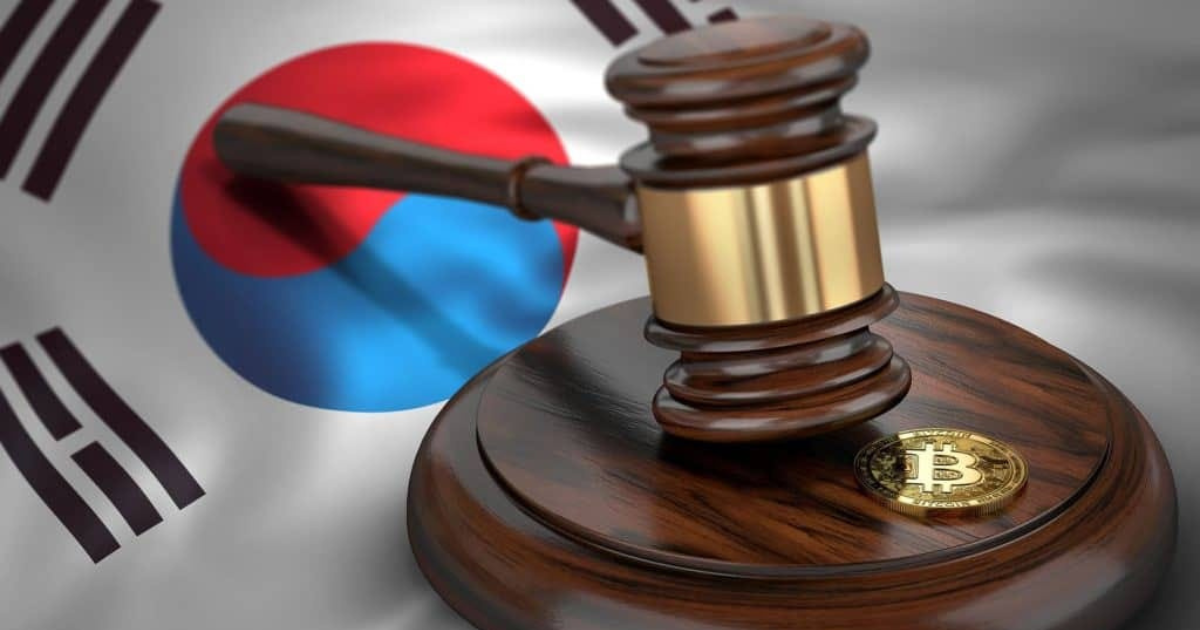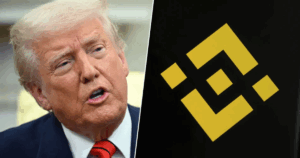South Korea crypto regulations have come a long way, making it one of the most interesting stakeholders in this global scene. Given that it is a technological hub that has a tech-savvy population, the country has put in place stringent regulatory policies.
Even with such measures, South Korea continues to be one of the best when it comes to crypto businesses in 2024. It is at par with Dubai and Switzerland, as per the Social Capital Markets report.
Key-Takeaways:
- South Korea has tight crypto regulations that are strict but is still a leading nation in the world. The trend of governing adherence to legislation implemented in recent steps, such as forcing unregistered exchanges, is clear.
- The crypto regulations applied in South Korea have a major emphasis on consumer protection and innovation. Its conservative attitude to ICOs and an encouragement of STOs form a safe but dynamic crypto environment.
Oversight of the Legal Frameworks
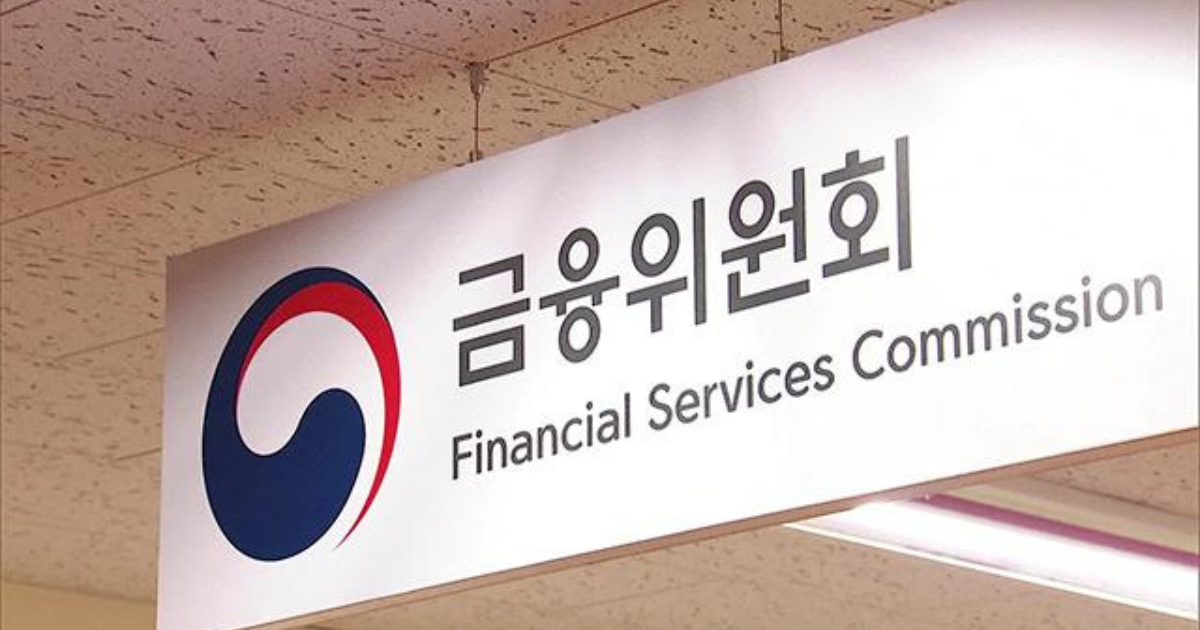
The Financial Services Commission (FSC) mainly oversees the South Korea crypto regulations. The FSC has full oversight and enforcement authority.
The anti-money laundering obligations were established in Special Financial Information Act of 2021. The Act on the Protection of Virtual Asset Users (VAUPA), rolled out in July 2024, centers around users’ assets’ protection and elimination of unfair market practices.
These regulations compel the Virtual Asset Service Providers (VASPs) to register with FSC. They also have to put Know Your Customer (KYC) procedures and real name verification in place by collaborating with local banks.
The government has demonstrated its intention to enforce the crypto rules provided in South Korea. In August 2024, it launched a crackdown on 16 foreign-based cryptocurrency exchanges working without being properly registered.
Such exchanges as MEXC, KuCoin, and CoinW contravened the Specific Financial Information Act. They catered to the Korean users in defiance of the prescribed legal framework.
User Protection and the Market Integrity
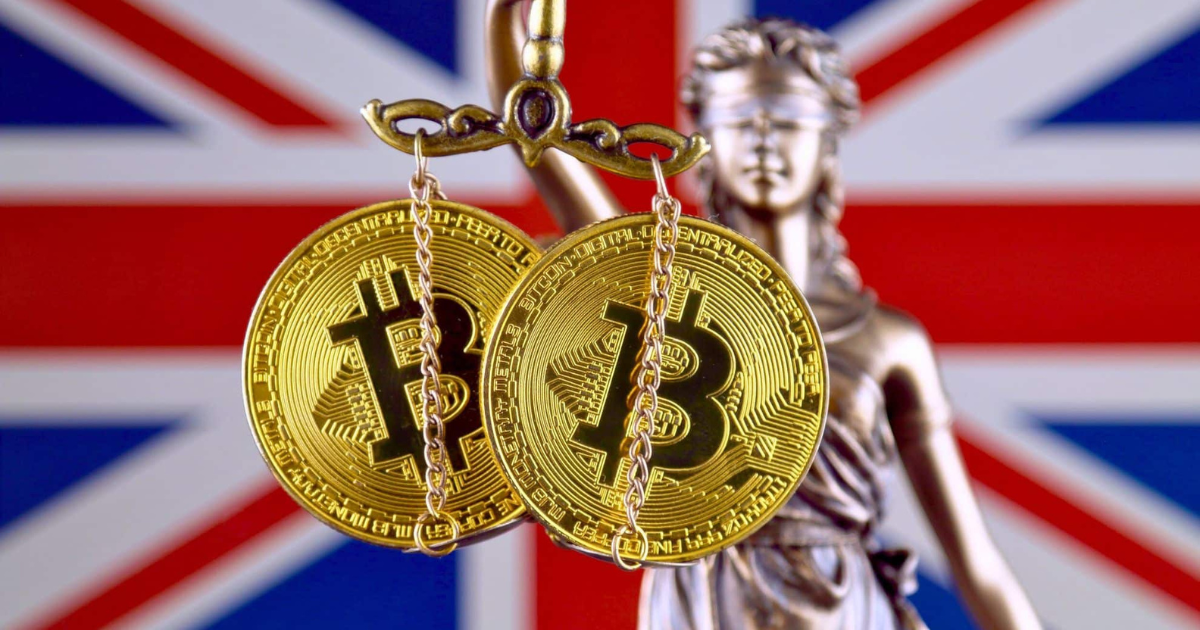
The South Korea crypto regulations require that there be strict user protection guidelines. VASPs are required to segregate customer deposit transactions from company holdings.
They also need to keep up to 80% of the held assets in cold wallets against hacking and system crashes. Also, exchanges need to use insurance or reserves in the event of a potential security breach, and their transaction records must be stored for a period of fifteen years.
Market integrity is another important player in South Korea’s crypto laws. The framework prevents stealth material information, market price manipulation, and fraudulent matters.
VASPs are not allowed to trade self-issued virtual assets as well. They are required to watch and report peculiar market activities to the financial authorities, and violation will warrant heavy penalties, including imprisonment and fines of up to five times the illicit profits.
There have been a number of delays with regard to the South Korea crypto regulations on taxation. The proposed 20% cryptocurrency tax on yearly profits that were over 2.5 million won (which is about $1,800) was supposed to be put into effect in 2023.
However, the implementation is delayed to 2028. This indicates continuous discussions in the government and fears by the crypto business.
This part of South Korea crypto regulations reflects concerns about market volatility. It also portrays the need for an adequate tax structure before applying the new tax rules.
With regard to fundraising mechanisms, the crypto regulations in South Korea take a conservative stand. ICOs have been prohibited since 2017 for reasons of fraud.
There is debate going on regarding the removal of this restriction under a regulated environment. On the other hand, STOs are looked at in a positive light.
Regulations are being established to permit STOs under the Capital Market’s Law. This is one of South Korea’s overall blockchain strategies.
Developments in the Future
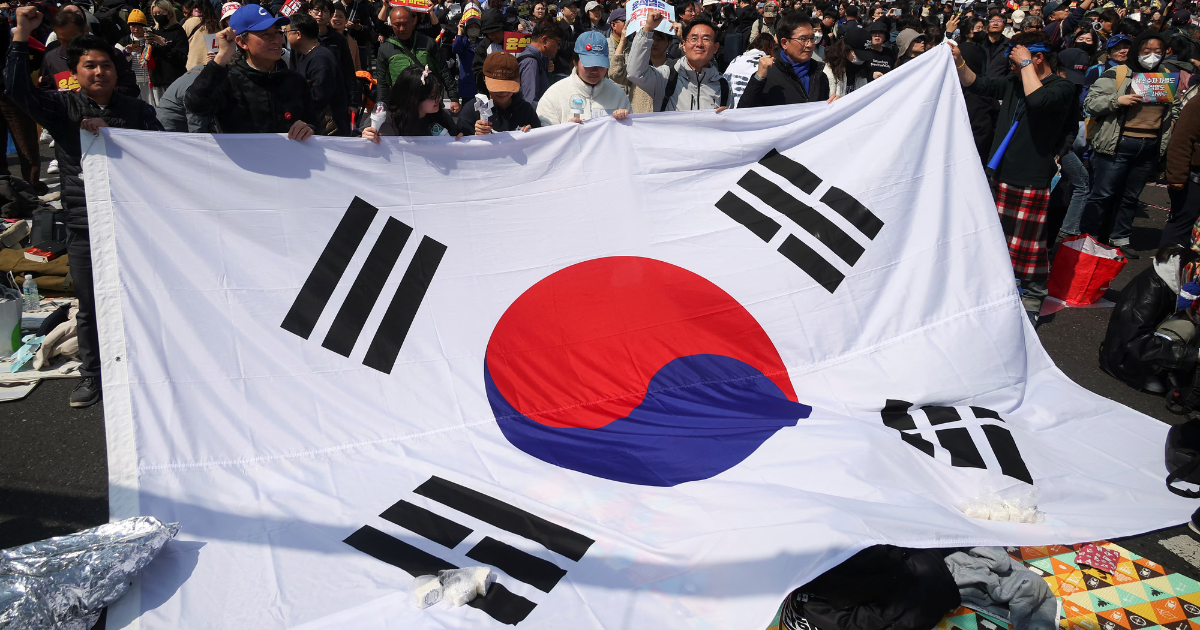
In South Korea, crypto regulations are currently changing drastically. This precedes the June 3, 2025, presidential race.
The Democratic Party has established a digital asset committee to ensure crypto policy is in the president’s office’s hands. They are working on the drafting of the “Stage 2 Bill” to restructure the country’s digital asset framework.
Stablecoins have emerged to be the center of attention in the crypto regulations in South Korea. There have been debates on whether they should come in under the category of requiring licensing or reporting.
There is also debate on whether oversight should come under the Bank of Korea or under the FSC. Also, the “one exchange, one bank” system is rethought as part of the evolution of the regulatory environment.
Conclusion
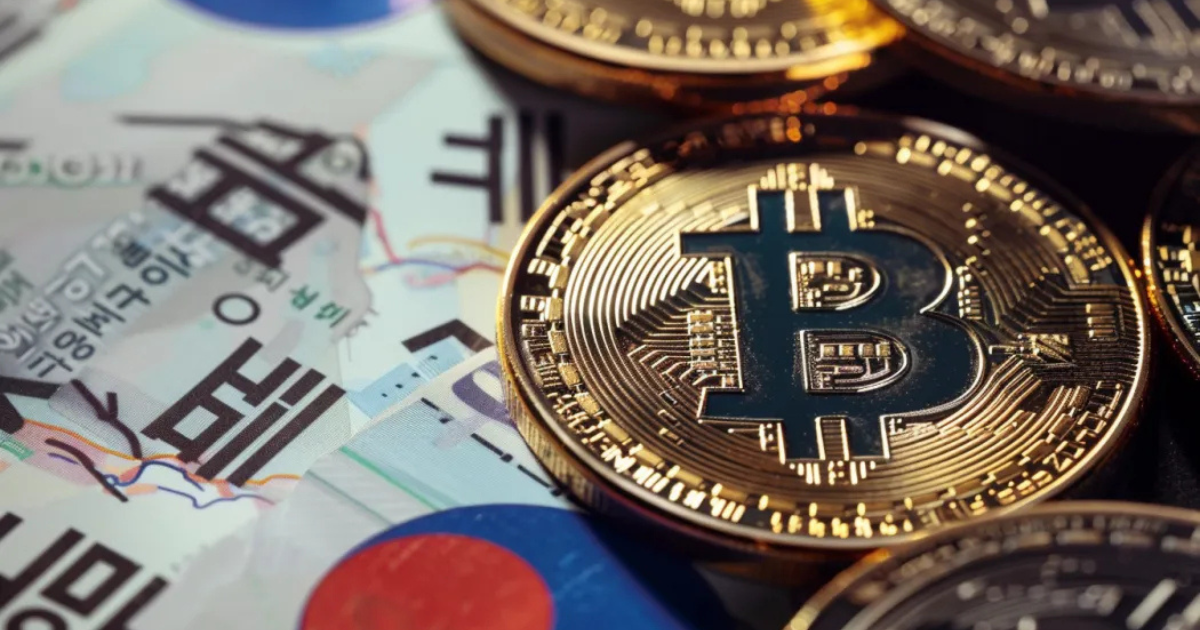
As the South Korea crypto space grows, South Korea crypto regulations are likely to stay in the middle ground between driving innovation and protecting consumers. The problem has become a critical political question for more than 16 million South Koreans involved in the cryptocurrency.





